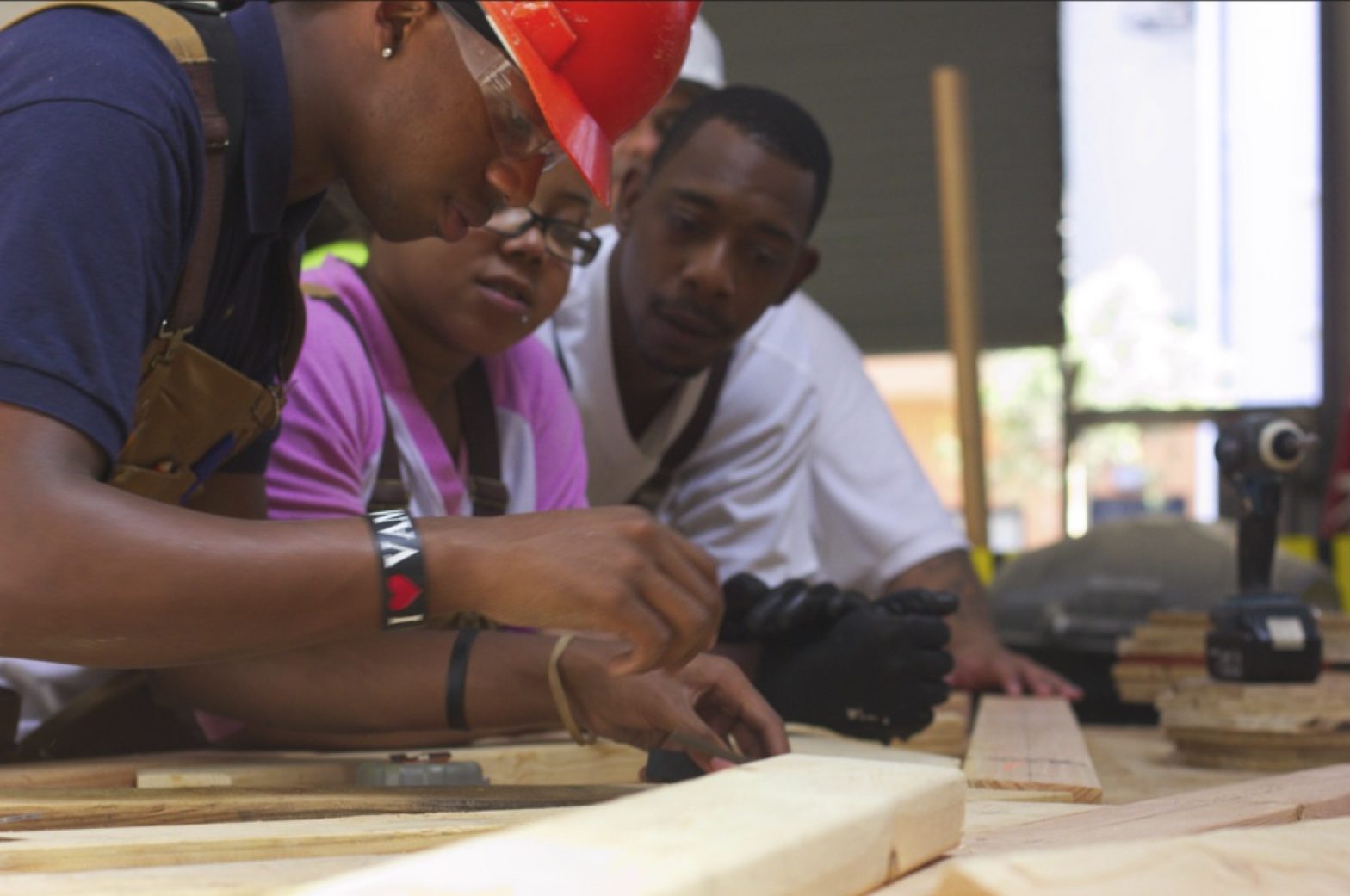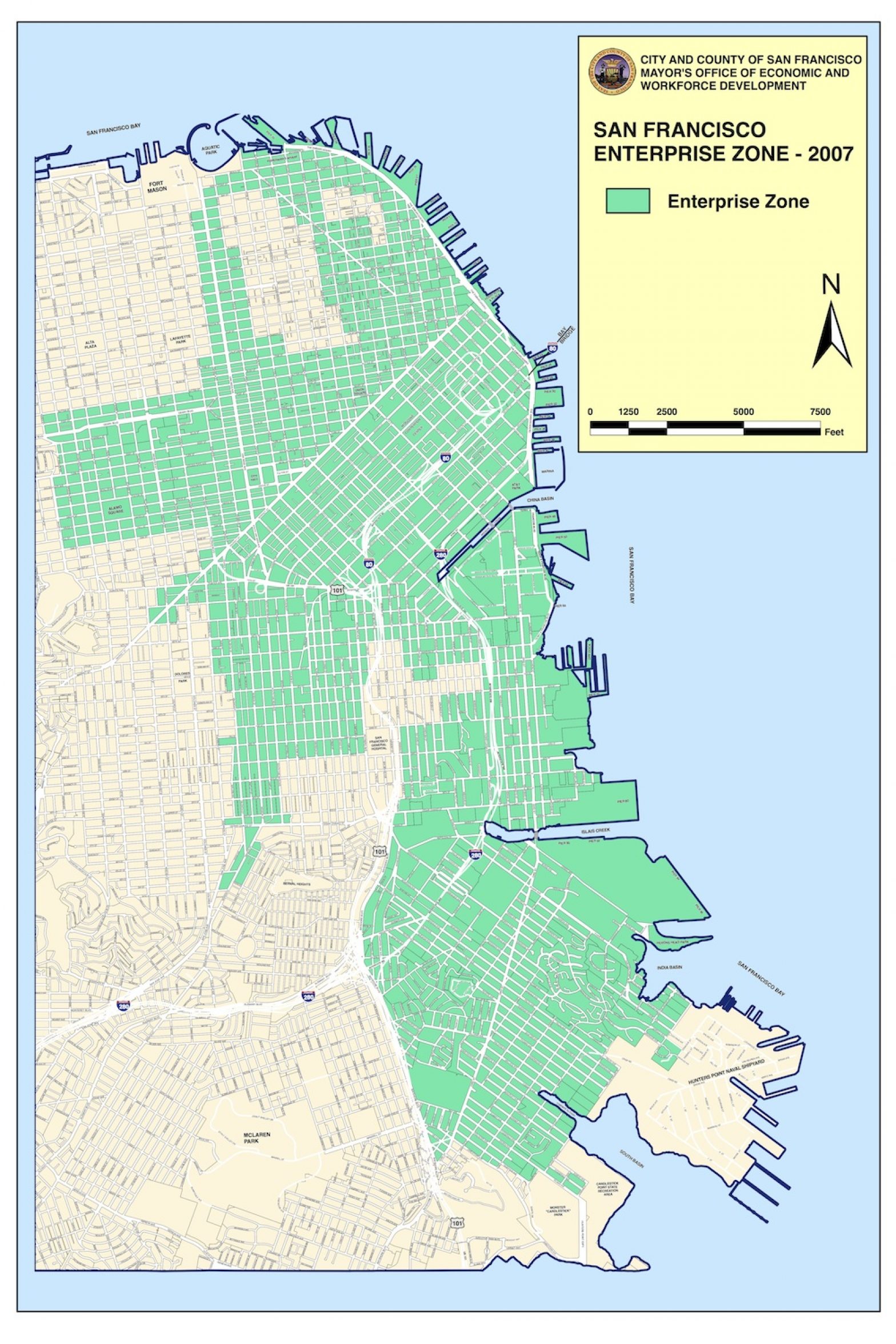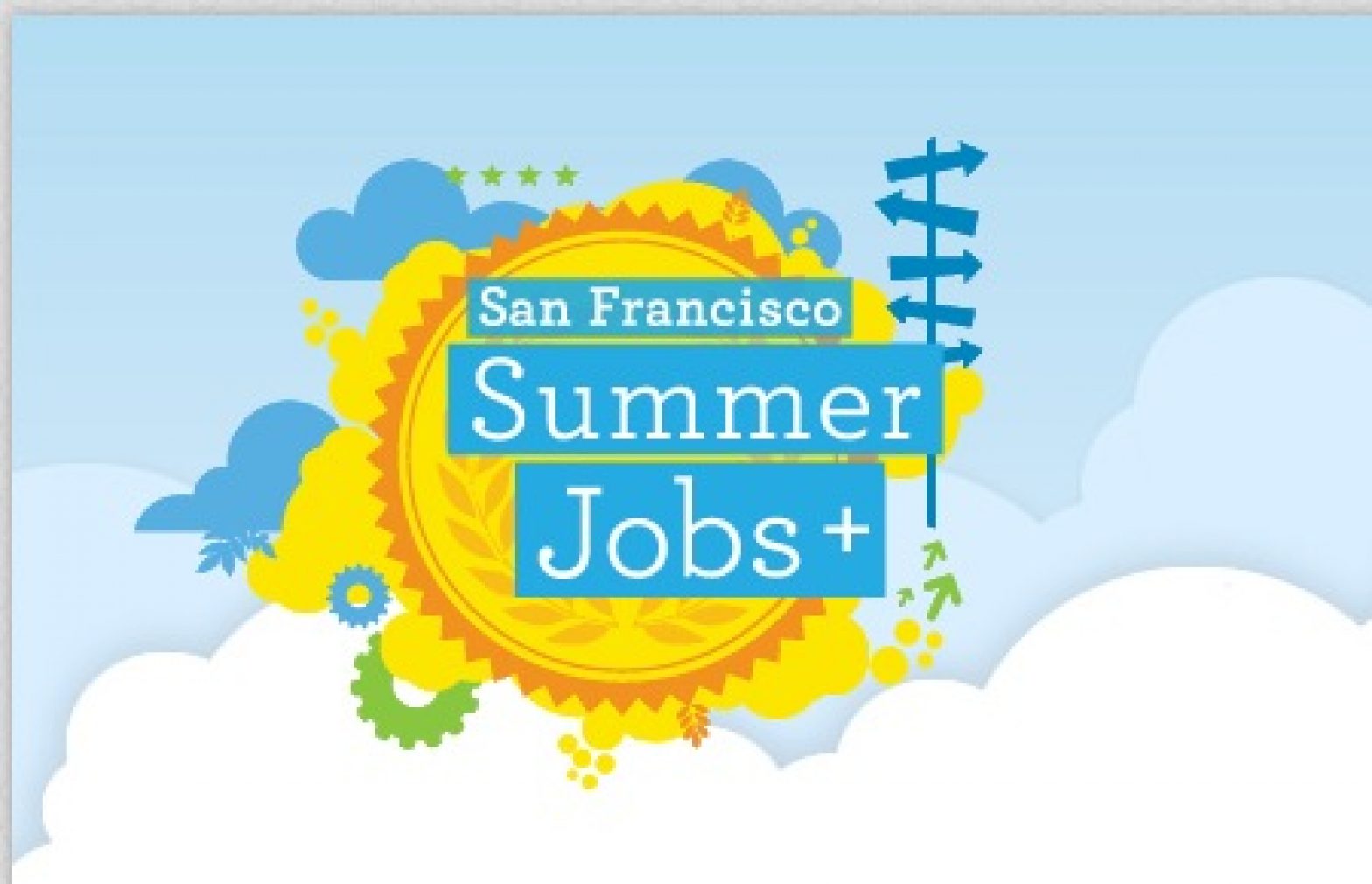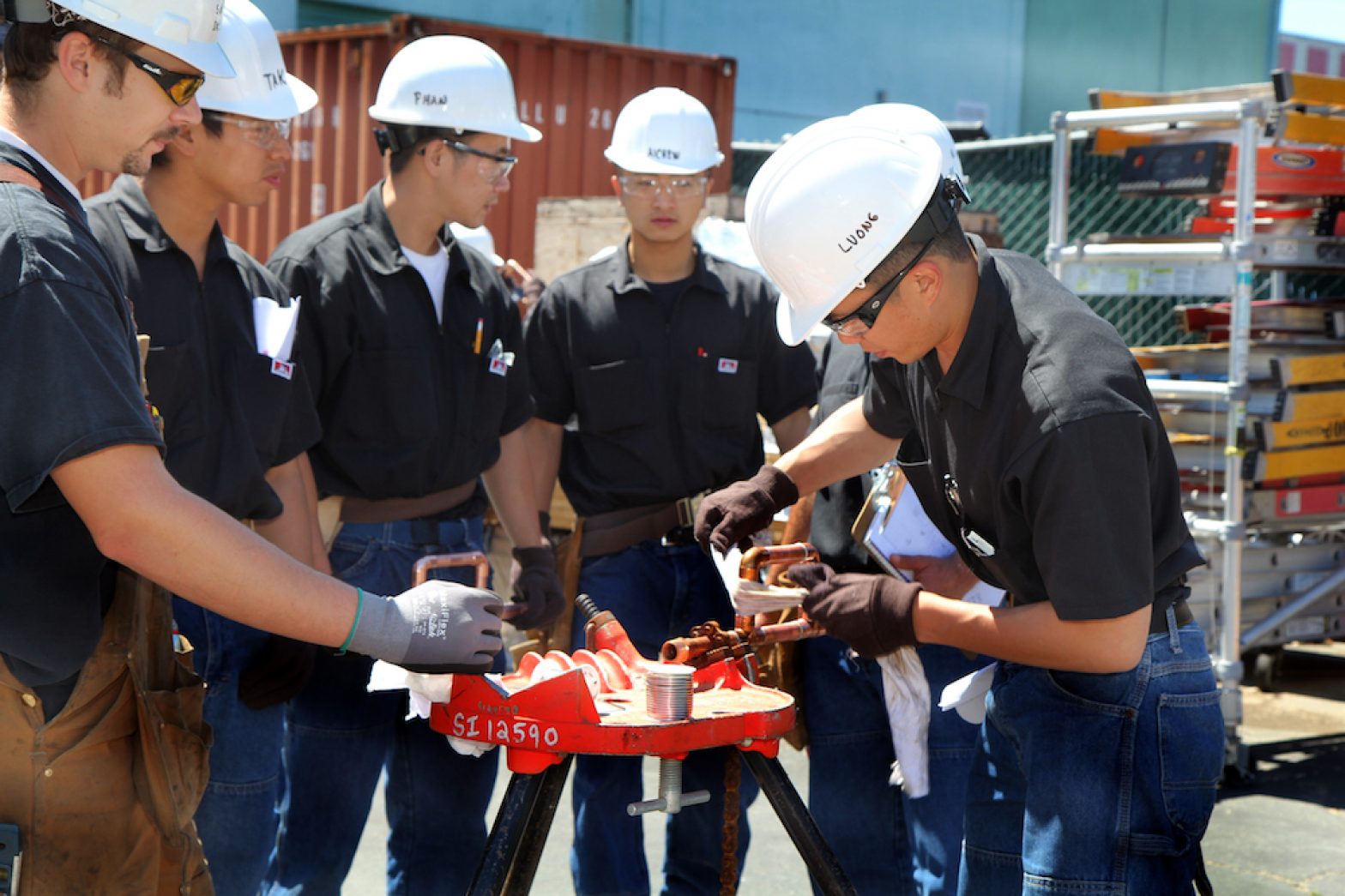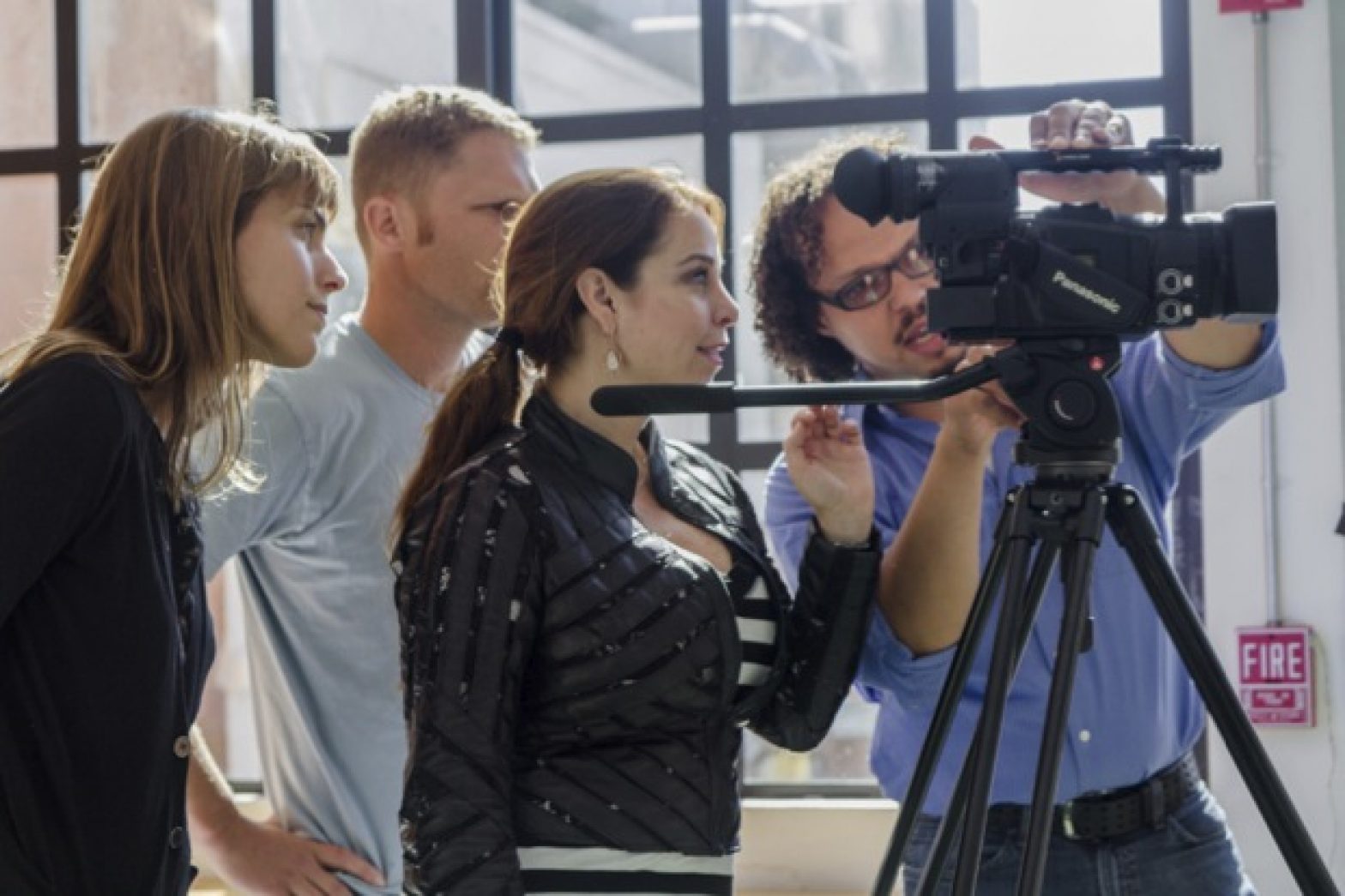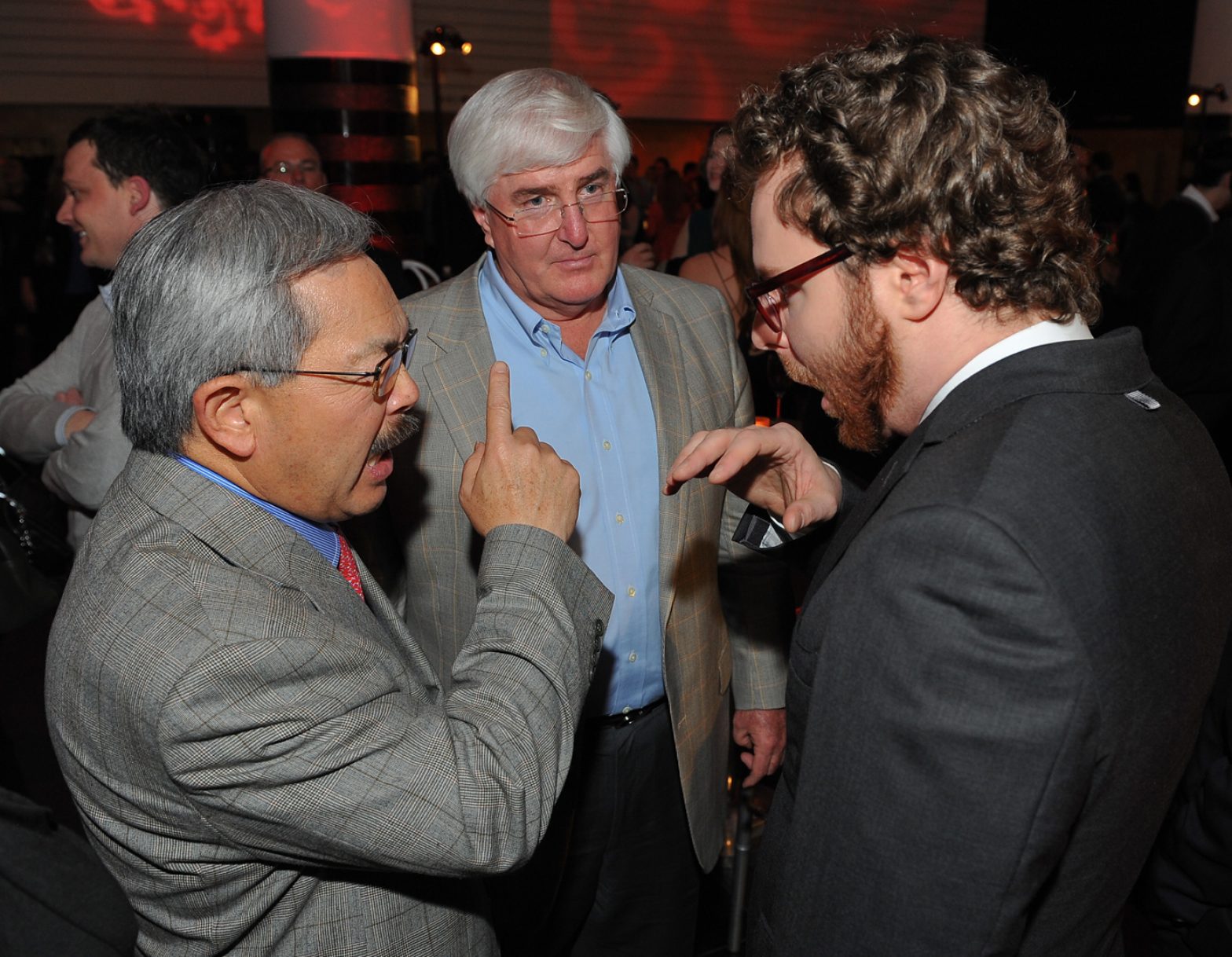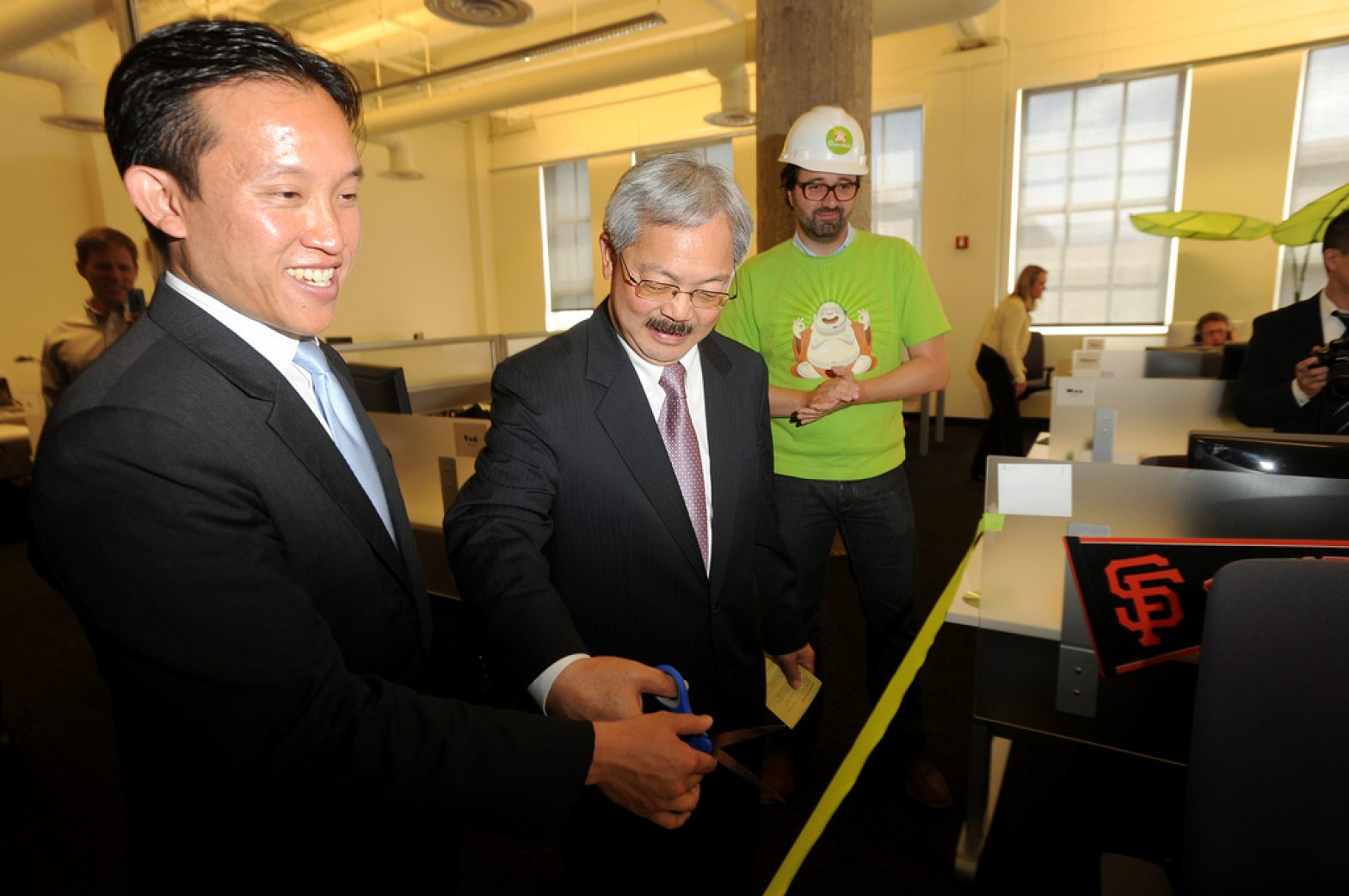
The largest of the firms settling in mid-Market signed extensive community agreements, but critics call them toothless
Last year, 14 San Francisco technology companies received $1.9 million in tax breaks for setting up shop in the mid-Market Street area. Supporters said it was a good investment, bringing economic development and jobs to an economically depressed strip in the core of the city. The zone is certainly coming back to life, and the companies that benefited now employ more than 2,700 workers. But it is less clear that the deal resulted in entry-level jobs for residents of the hardscrabble neighborhood — one of the goals most sought by skeptics of the tax break. The largest six of the companies promised a list of community benefits that included an effort to identify qualified job seekers in the Tenderloin and mid-Market area. But the agreements are vaguely worded, the companies have been slow to report their progress to the city, and most were unresponsive to direct questions about employment practices.
This story is part of a special report on workforce development in the San Francisco Public Press fall print edition.
